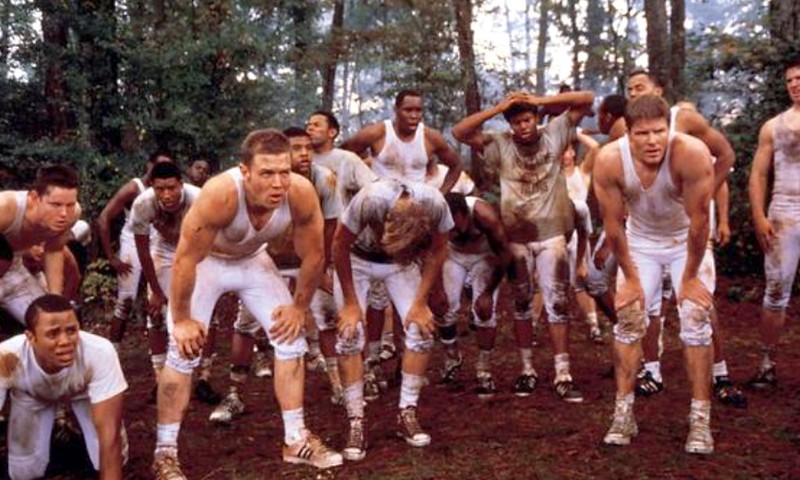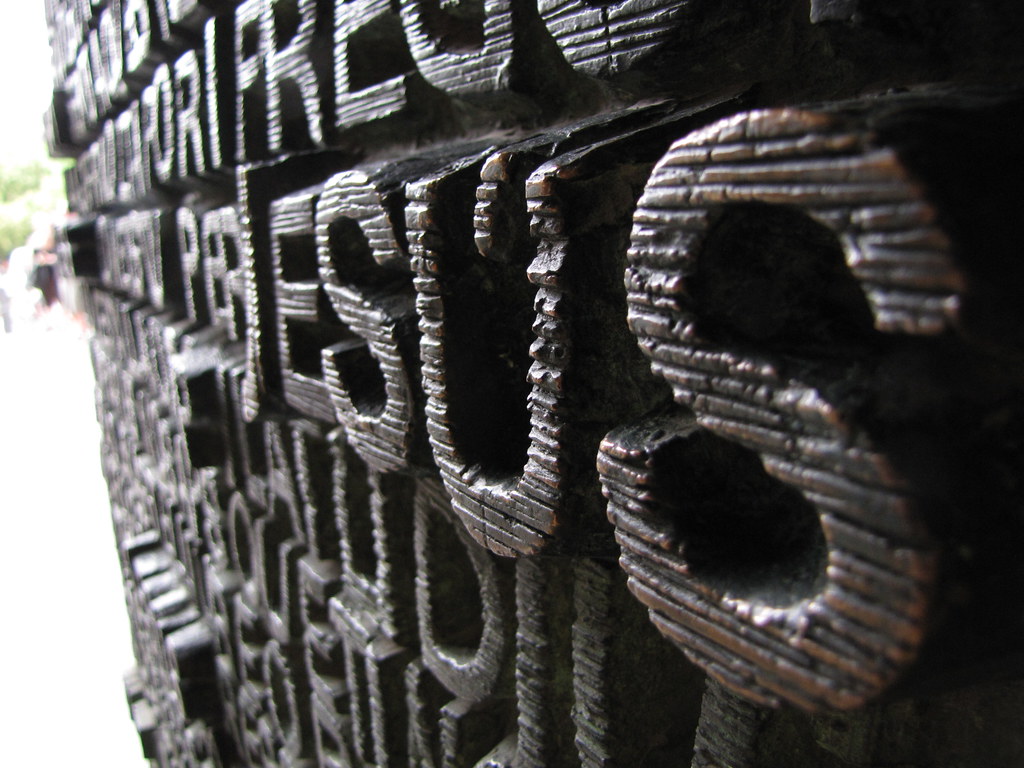Does our Church upbringing, and Sunday School influence mean we get an idea of Bible stories but sometimes miss the real meaning?
Take Cain and Able (Genesis 4:1-17)...
Most people know this story, from Sunday School teachings and our growing up influences (possibly even preaching from the 'usual' standpoint) yet does our knowledge and idea of the story provide a true idea of what the narrative is really trying to get across.
Our usual understanding would be Able = good... Cain = bad. God was angry at Cain for his offering, Cain was jealous that God accepted Able's offering and killed him. God then comes and gets angry with Cain, cursing him. - The moral of our usual understanding is that sin is bad, sin separates us from God and God knows all our deeds so we can't lie to him.
But should the story be better named "Cain and God" as opposed to "Cain and Able"? Abel is not really a subject of the story, more so it is the interaction between God and Cain which is the subject of the story.
The first thing we notice when we read the story without the bias of the usual understanding is that there is no real distinction between the two offerings of Adam's sons except that God accepted one but not the other. There is no reason given for this, there's no instructions given on how offerings were to be presented, or even what should be presented - so we cannot read future law given to the Israelites into the story if we are to take this story as the text gives it to us. It's not that Cain simply comes with an unsatisfactory offering. The first critical point in the text was that God looks at "Able and his offering" and "Cain and his offering" and accepts the first but rejects the later.
According to the Hebrew text, the response of Cain was one of depression not anger. This then aligns with the second part of God's questions "Why is your face downcast?" This brings about a unusual idea which I think in many cases is overlooked. First - God talks to Cain just as he spoke with Adam. We often read this and dismiss it as normal, but just think, even though it is only pages away from God's communication with Adam in Gen 3, this is a totally different setting. Humans are now outside of the garden, yet the inter-communicative relationship continues, and more than that, it's not only continuing with Adam, but his son Cain who's offering has been rejected by God.
Second - Cain talks to God and is given a choice. From the text we see that Cain is not simply evil - but that his first offering here was simply not accepted by God. God doesn't right him off (we are not given the impression that God was looking towards Cain's murder of Able) - but gives him the choice "If you do what is right, will you not be accepted?... sin is crouching at your door; it desires to have you, but you must rule over it." God basically calls Cain on his offering, nothing can be done to change that rejection, God though extends to Cain the opportunity to go forward and now do what is right. The emphasis is on Cain's response to God.
Is Able's murder then a response to his offering or Cain's response to God? The passage doesn't highlight an issue of whether this is pre-meditated murder (Cain entrapping Able into the field to kill him, or Cain taking Able into the field in an attempt to find a way to rule over sin yet failing miserably), instead it kind of gives the idea that this part of the story is more symbolic of Cain's relationship to God, than Cain's direct response to Able. Able is the reminder that Cain's offering was not accepted, so instead of jealously it could possibly be a reaction to God (Cain murders Able because he cannot murder God - get rid of the reminder if you can't get rid of the source).
So then does the morals of our usual understanding align with this textual reading? For one, the sin didn't separate God from Cain - he still spoke with Cain, they interacted with each other. God laid out what was wrong, yet offered the continuing choice to rule over sin. Even when Cain had murdered his brother, God may have cursed him, but still gave him a mark of protection so that he would not be killed himself. There does not seem to be an ultimate disconnection from God, and possibly a means of reconciliation (not recorded in the text however).
Even in sin we can be relational to God, he is disappointed, he does require us to rule over sin, yet we can come to God even in sin and be renewed (for us this comes through justification by the blood of Jesus).
In many cases this is presented as a simple Sunday School story to show us good and bad - yet being the first story told to us outside of the garden, it might point to a wholly more significant function. Only one generation after creation, we see personal sin, punished personally and sin developing to murder (culturally even today the most heinous of crimes), more than that the murder of a brother. Yet God relates with this sinner, speaks to him even in his worst moments, and though Cain fears his punishment would cast him from God's presence God replies that that would not be so.
There are many things we can take from this passage, on a much deeper level than the story we usually take in.
















